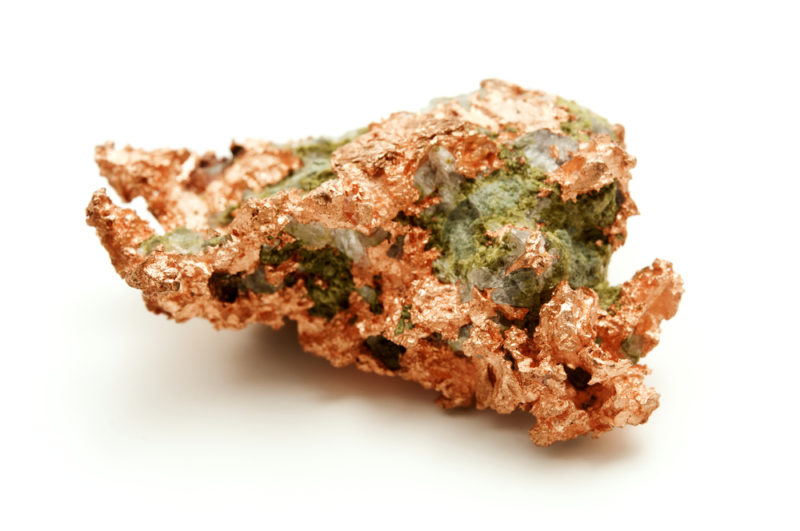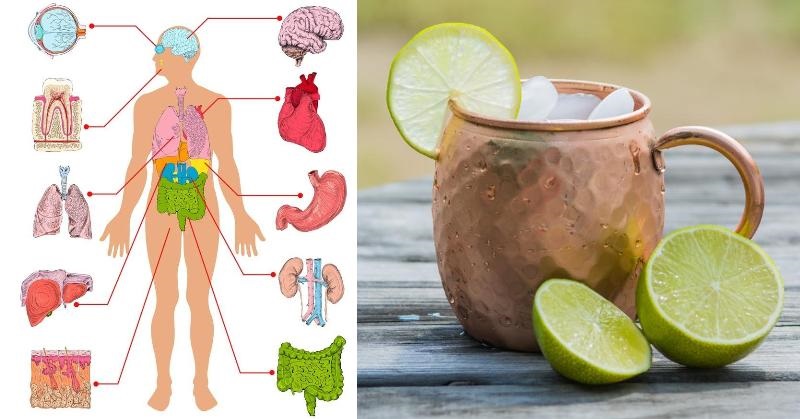When it comes to eating healthy, you probably don’t give much thought to the plate that holds your fruit and vegetables, or the cup you drink water from. Your dishware is most likely the product of your style and taste, bought to match the kitchen or give it a little color, but your dishes are exactly where a little-known key to health might be hiding!
The use of copper dates back centuries. The oldest recorded medical use of copper is mentioned in the Smith Papyrus, written between 2600 and 2200 B.C. It describes the application of copper to sterilize chest wounds and drinking water. Greeks, Romans, Aztecs and others also used copper for the treatment of headaches, burns, ear infections and for general hygiene.
Research has confirmed that copper is able to kill harmful materials on contact, and researchers have even coined the term “contact killing” for the process. Copper was found to have antimicrobial properties, and was registered at the U.S. Environmental Protection Agency as the first solid antimicrobial material.

Though large quantities of copper can be dangerous, small amounts may have a positive effect on overall physical health. Here’s how:
1. Copper Stimulates the Brain
The key to waking yourself up and speeding up your brain on a tired morning may lie in adding a little copper to your system. Copper as a micronutrient is known to stimulate the body while restoring and producing myelin sheaths, which are a key part of the nervous system. They allow synapses to jump from one part of the brain to another.
2. Copper Aids the Digestive System
Consuming small amounts of copper may help the body’s digestive system to work more efficiently by stimulating the contraction of digestive muscles that help move waste through the intestines. Copper also kills bacteria, which can aid in eliminating dangerous microorganisms that can cause an upset stomach.
3. Copper Balances the Thyroid
Thyroid disorders such as hypothyroidism or hyperthyroidism are often associated with a copper deficiency in the body. Copper is one of the many trace nutrients that the body needs to perform daily functions, so regulating your copper intake may help the body to balance its thyroid function.

4. Copper Supports the Cardiovascular System
The U.S. Department of Agriculture has demonstrated that copper may improve heart and vascular health. Combined with a healthy lifestyle, copper may help to reduce arterial plaque and open up the blood vessels, helping to prevent blockages.
5. Copper Strengthens Hair
Copper plays a major role in producing melanin, which is a core part of healthy hair. Copper may be beneficial to restoring thinning hair, and regrowing hair after chemotherapy. It enlarges the hair follicles and speeds up the growth process.
6. Copper Improves Skin
The same melanin production that is beneficial to maintaining healthy hair is also beneficial for healthy skin. Copper promotes the production of healthy skin cells for smooth skin and works to heal dry and damaged skin. Copper peptides also promote collagen production to improve skin elasticity.


